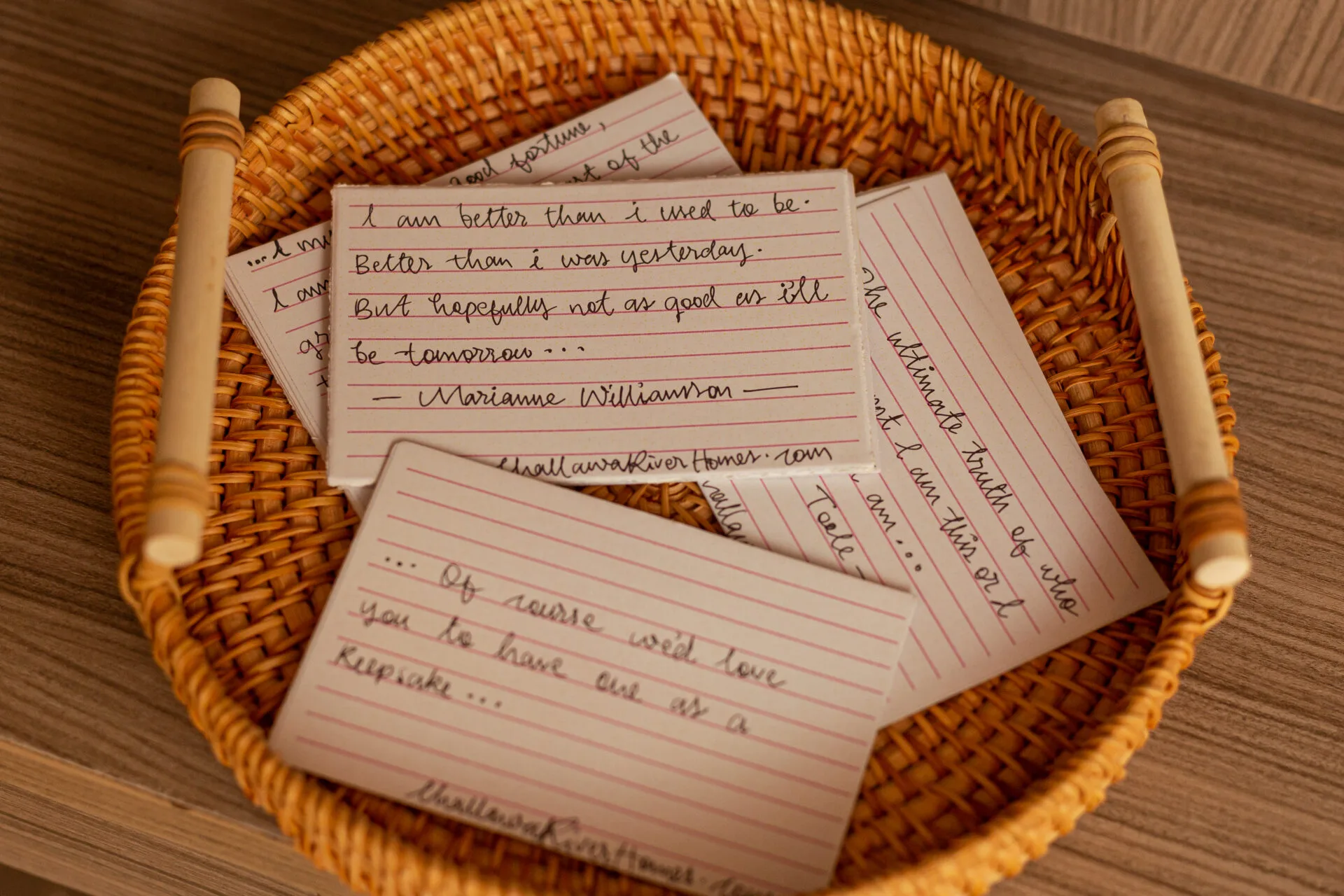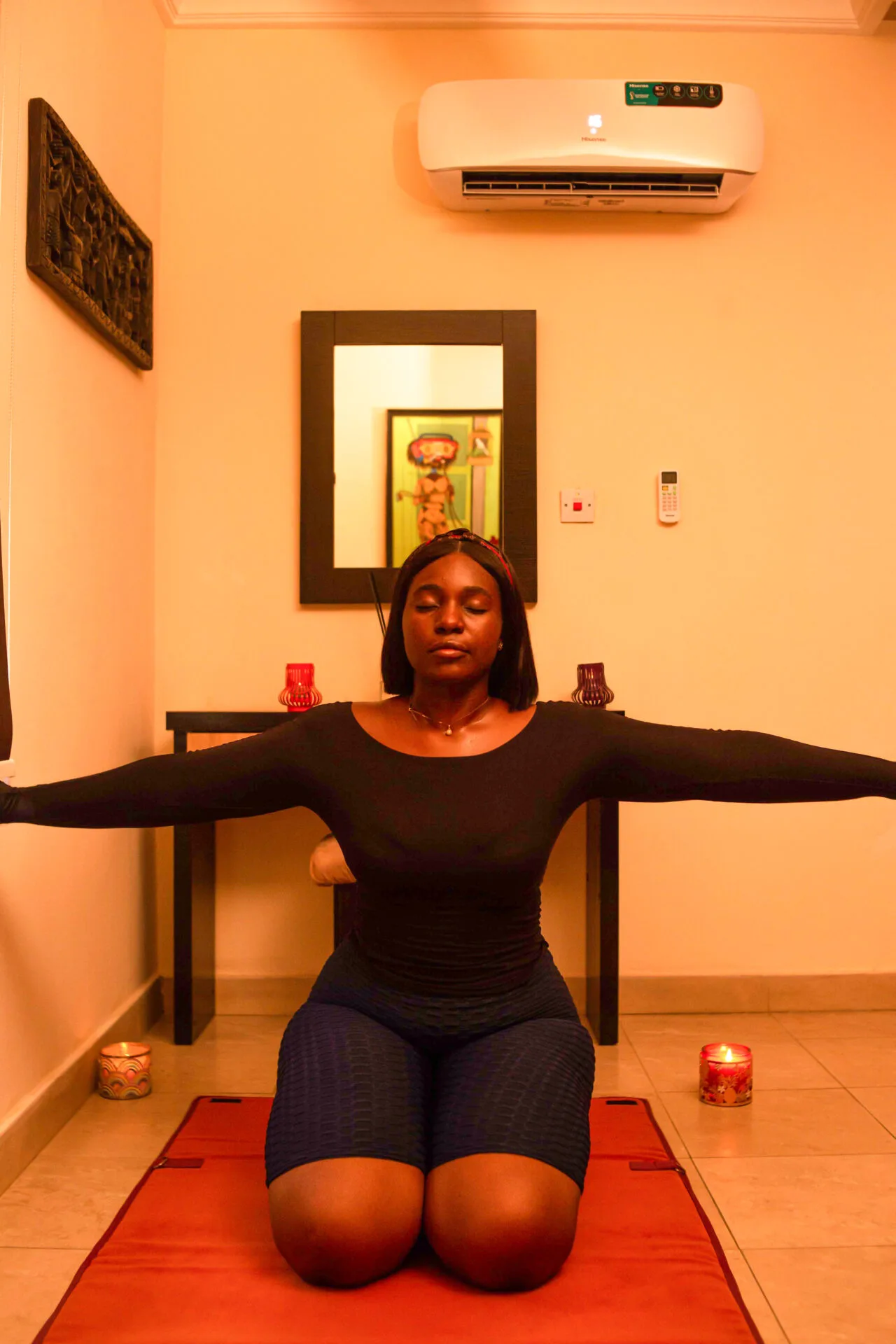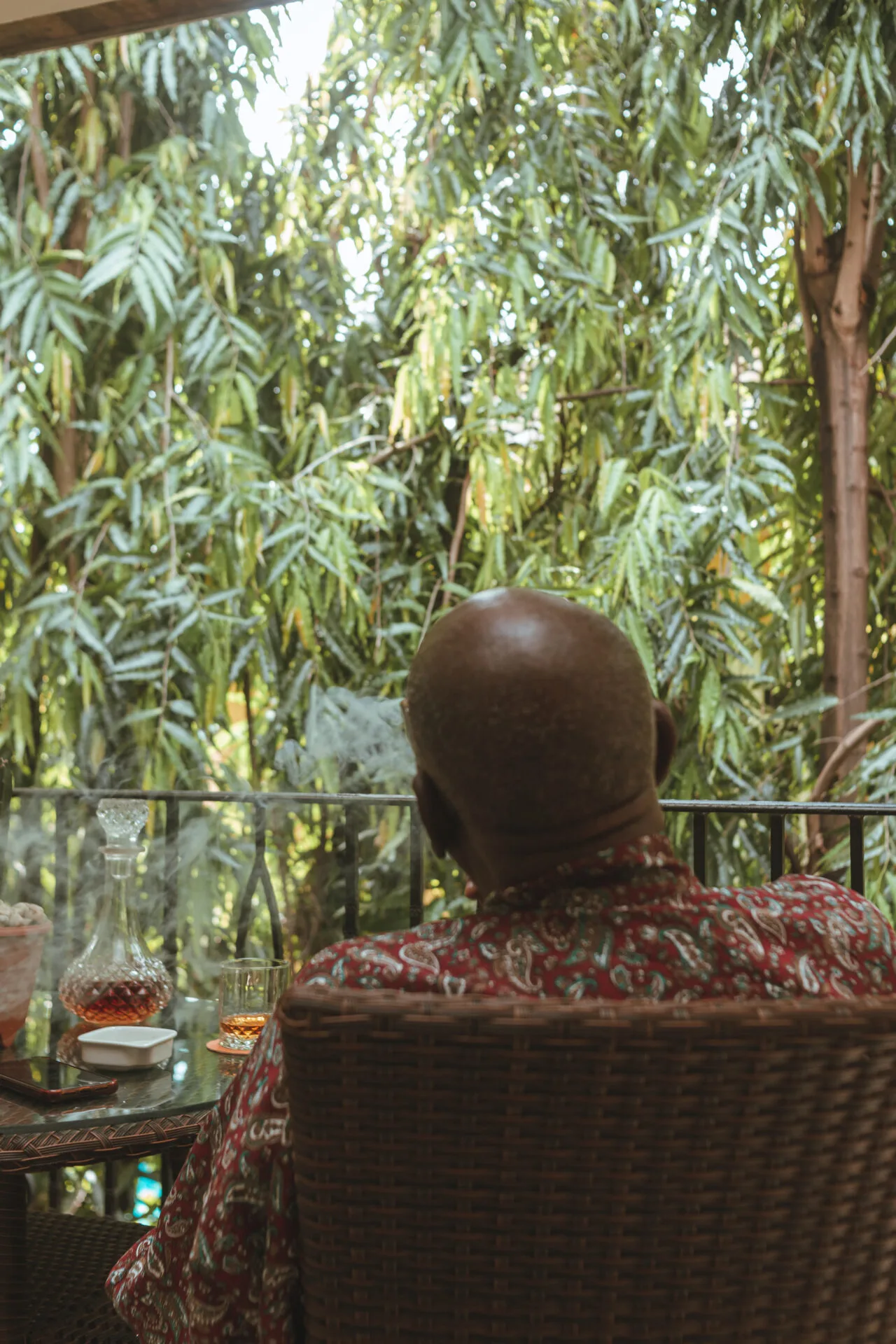In today’s fast-paced world, mental health often takes a backseat. Between meeting deadlines, managing relationships, and staying plugged in 24/7, it’s no surprise that stress and anxiety have become so common. But protecting your peace of mind doesn’t have to involve major life changes—sometimes the small, consistent steps make the biggest difference.

Here are 7 practical, everyday strategies to help you manage stress and anxiety, nurture emotional resilience, and show up for yourself with more balance and calm.
Set the Tone for a Peaceful Day

How you begin your morning sets the tone for the rest of your day. Instead of reaching for your phone first thing, take a few quiet moments to breathe, stretch, or say an affirmation. This mindful start helps reduce cortisol levels (your body’s stress hormone) and builds emotional stability.

Try keeping a journal beside your bed or a morning affirmation card to positively anchor your thoughts before the chaos begins. At ChallawaRiver Homes, affirmation cards are thoughtfully placed in each suite to help guests start their day with calm and clarity. Even better—you’re welcome to take one home at check-out, free of charge, as a little reminder of your peaceful stay.
Stretch, Walk, Dance—Just Don’t Stay Still

Exercise doesn’t have to mean an hour-long gym session. Gentle stretching, walking, dancing, or even ten minutes of yoga can significantly reduce anxiety and elevate mood by releasing endorphins. Movement clears the mental clutter and brings your attention back to the present moment.
Calm Your Mind Through Conscious Breathing

When you feel overwhelmed, your breathing becomes shallow and fast. Practicing conscious breathing signals your body to calm down. One effective method is the 4-7-8 technique: inhale for 4 seconds, hold for 7 seconds, and exhale for 8 seconds.
Nourish Your Mind with Healthy Input

Your mental diet is just as important as your physical one. Limiting negative news, reducing screen time, and consuming uplifting content helps keep your mind balanced. Podcasts, books, or inspirational videos can create a positive inner dialogue and shield you from mental exhaustion.
Make Your Space a Sanctuary

The space around you impacts how you feel. Tidy up your surroundings, add a plant, light a calming candle, or play soft background music. These little changes can help you feel more in control and less anxious.
One effective and often overlooked method is incorporating white noise or binaural beats into your environment. These soothing soundscapes can help drown out distractions, calm the nervous system, and promote deep relaxation. You can explore white noise playlists or binaural soundtracks for stress relief to find what works best for you.
Sometimes, however, your environment may feel too overwhelming to transform. That’s where a change of scenery can work wonders for your mental health. A stay at ChallawaRiver Homes offers a refreshing, serene atmosphere surrounded by nature and curated comforts—like quiet balconies for reflection, lush houseplants, and cozy interiors that feel like a true escape. Removing yourself from your usual environment, even briefly, can help reset your nervous system and offer the clarity you need to recharge.
Even a cozy corner with a favorite chair or a balcony seat can become a personal retreat.

Human connection is a powerful antidote to stress. Whether it’s sharing a laugh with a loved one, talking through your worries with a trusted friend, or simply being in the presence of someone who makes you feel safe, connection brings perspective and emotional relief. Humans are wired for relationships, and even brief moments of genuine connection can release oxytocin—the 'bonding hormone'—which helps reduce stress and create feelings of safety.
That said, not all social interactions are helpful. Sometimes, the people around us can unintentionally contribute to our stress, especially if they constantly vent, criticize, or expect emotional labor without reciprocation. That’s why it’s essential to set and communicate healthy boundaries. It's okay to say no to draining interactions, limit your availability, or seek solitude when you need to recharge. Prioritizing your mental and emotional health means choosing relationships that nurture, not deplete.
If you find it difficult to draw these lines, start with small, assertive steps. Practice saying things like, “I’m not available to talk right now, but I’d love to catch up later,” or “I need a bit of quiet time today to take care of myself.” These gentle, respectful boundaries can protect your energy and foster deeper, more balanced relationships.
Practice Gratitude

Gratitude shifts your focus from what’s wrong to what’s right. A simple practice like listing three things you’re grateful for each day has been shown to improve mood and reduce symptoms of anxiety.
Keep a gratitude journal, use sticky notes on your mirror, or start a digital gratitude thread with a friend.
Your Peace is Worth Protecting
Stress may be an inevitable part of life, but suffering in silence isn’t. With consistent, intentional practices, you can build resilience and cultivate a calm inner world—no matter what’s going on around you.
Remember, you don’t need to do everything at once. Start small, be kind to yourself, and know that every mindful step counts. And if the stress gets too loud, consider giving yourself the gift of calm at a tranquil escape like ChallawaRiver Homes —where the atmosphere alone invites you to exhale.